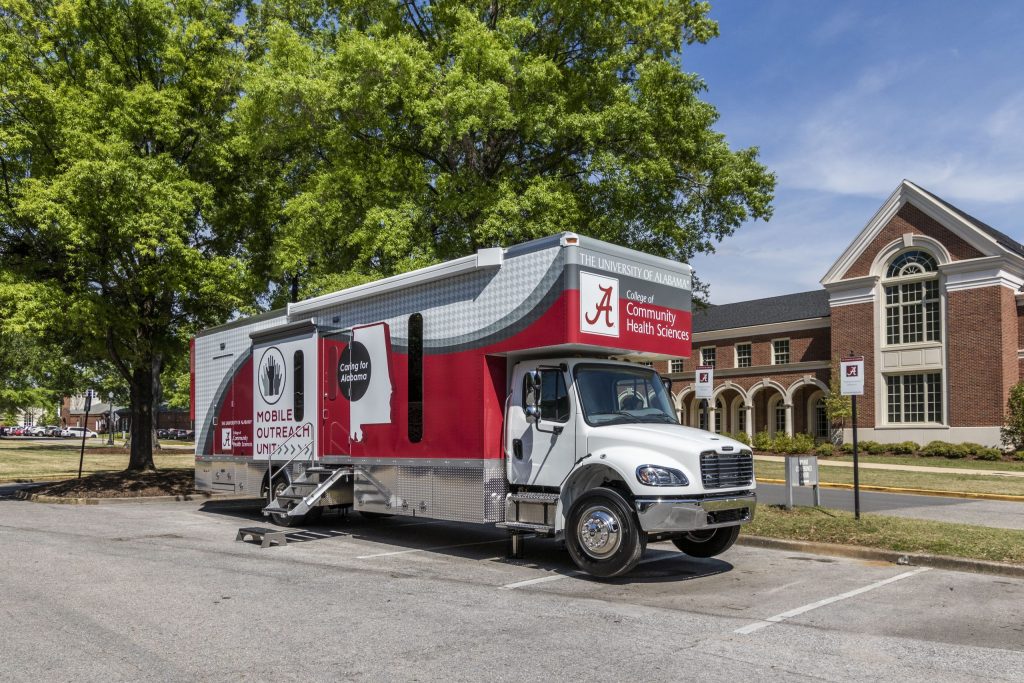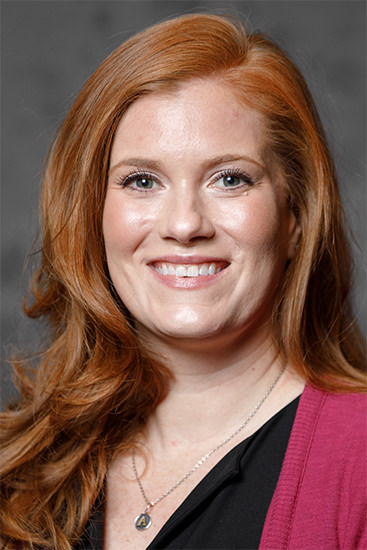Established in 2001, the Institute for Rural Health Research works to bring the highest attainable standard of health to rural citizens. The Institute pursues this mission through the combined strength of scientific knowledge, community involvement and informed public policy. The Institute’s research efforts are focused on health issues that impact people who live in rural areas. The goal is to produce research that is useful to communities, policymakers and health-care providers as they work to improve the availability, accessibility and quality of health care for rural and underserved citizens. The Institute also serves as a resource for researchers, individuals and organizations working to improve the health of rural communities.
Emergency Medical Services Program
The College of Community Health Sciences, in collaboration with the Alabama Department of Public Health Office of EMS, implemented an Emergency Services Medical oversight program in 2007 to provide continuing education and updated technology to emergency medical services workers and volunteers in the 14-county West Alabama region.
National Center on Forensics
The University of Alabama, in partnership with the Alabama Department of Forensic Sciences and the University of Alabama at Birmingham Department of Criminal Justice, has established the National Center on Forensics on the UA campus in Tuscaloosa. The center provides medico-legal learning opportunities for medical students to train as deputy medical examiners and/or coroners, with a special emphasis for those planning to live and work in underserved rural areas; forensic science training for district attorneys, defense attorneys, judges and law enforcement; and opportunities to benefit current and future practitioners in the field. These activities seek to improve the availability and level of medico-legal knowledge and training for those working in rural areas, which will increase access to justice for those living in these communities.
Rural Health Conference
Each year, the Rural Health Conference brings together health care professionals, community leaders, researchers, government officials and policy-makers to share knowledge about the health disparities that impact rural Alabama and discuss novel solutions to address those disparities.

Regionally Operated Vehicle for Education and Research (ROVER)
ROVER is instrumental in reaching rural communities for research programs and resources. The mobile unit is a unique tool for dissemination. ROVER is handicap accessible and equipped with two exam rooms, waiting room space and a restroom.

